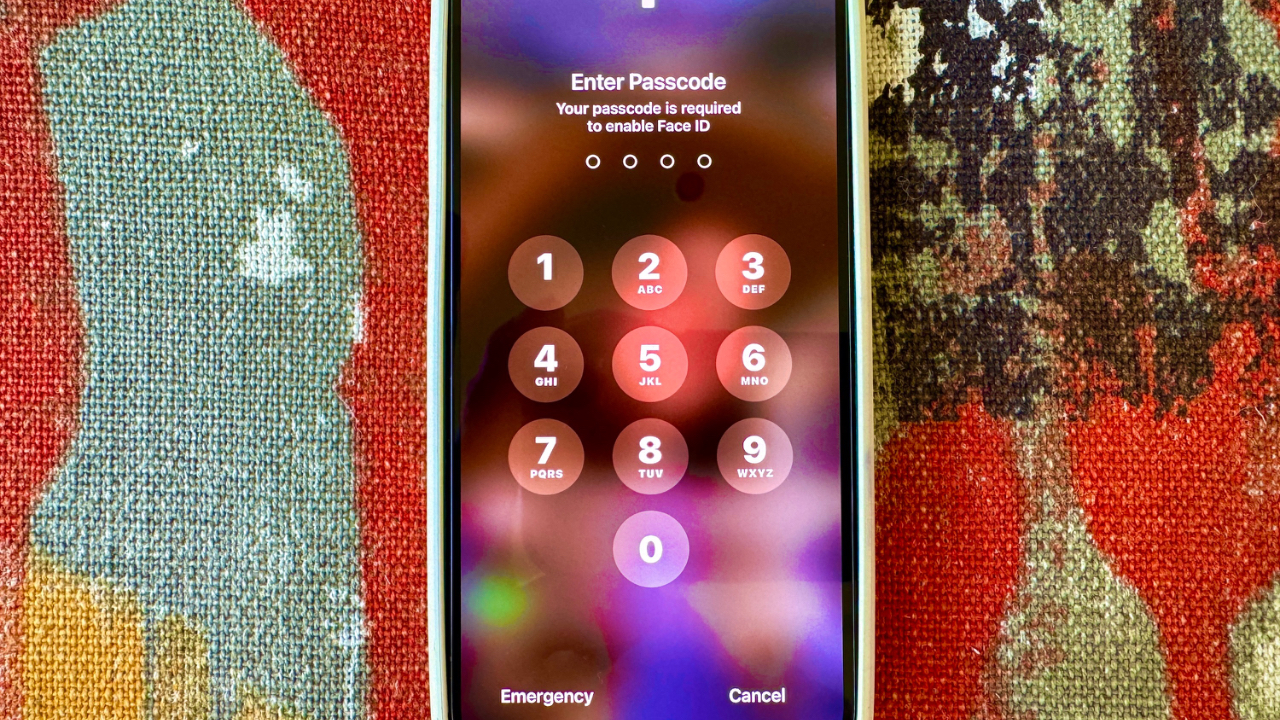Passcode Sharing: A Digital Relationship Trust Fall

You share a lot in relationships.
Your home. Your bed. Some of you share all your money. Others occasionally share a toothbrush (you know who you are).
But none of that even comes close to the sheer vulnerability of sharing this: your phone passcode.
Why?
Because someone with your passcode has access to, well, everything—your texts, your location, your browser history, your camera roll, and, yes, the bizarre things you ask ChatGPT at midnight.
Which raises a distinctively modern relationship question:
Should couples share their passcodes?
There are plenty of good reasons to say “no.”
It’s a privacy issue. It can lead to conflict. And let’s be honest—it can feel a little weird.
These reasons are compelling. And if you choose not to share, we get it.
But here’s why you might still consider saying “yes.”
1. Passcode Sharing Is the Ultimate Relationship Trust Fall
You’ve probably done one of those old-school trust exercises, where you stand on a platform and fall backward into your teammate’s arms.
Passcode sharing is the digital version—only the platform is your entire digital life, and the fall is 10 times scarier.
It’s a gesture of radical transparency that says, “I'm committed to telling you everything. I have nothing to hide.”
Of course, just like the classic trust fall, it only works if you can trust your partner to do their part.
The unspoken agreement is: we trust each other. So no snooping. No deep dives into search history. No secret audits of texts from 2017.
2. If Your Partner Really Wants Your Passcode, They’ll Get It
Let's say you're reluctant to share your passcode because you worry that your partner might sneak around in the shadows of your digital life.
If that's true, we have two thoughts for you. The first is that you may have a relationship trust issue worth exploring. Could be a conversation. Might even be a reason to see a couples therapist.
But there's also an obvious flaw in the logic of this objection: if your partner really wants your passcode, they’ll find a way to get it.
All they have to do is look over your shoulder once and, voilà, they have your passcode.
Except now, rather than receiving it through an act of trust, they stole it through a nefarious act of digital surveillance, creating a vicious cycle that undermines trust.
3. Passcode Sharing Creates a Culture of Transparency
This is perhaps the most powerful argument for sharing access to your digital life.
Put simply, this one decision has the power to create an upward spiral of trust that extends to all areas of your life together.
It's a radical move that says, “You can trust me.”
Which makes it easier to trust each other when:
- One of you comes home late.
- One of you grabs coffee with someone who is objectively hot.
- One of you takes a little too long to reply to a text.
When trust grows in one area, it tends to grow everywhere.
A Quick PSA: Think of passcode sharing like any other act of deep intimacy. It requires love, communication, and, most importantly, mutual consent.
If one of you feels unwilling to run this experiment, that's a good reason not to try it.
But if you both feel open to the adventure, it's worth exploring what happens when you give your partner full access to your digital soul.
Want more of these life tools delivered to your inbox?
Sign up for the Klemp Insights Newsletter.

